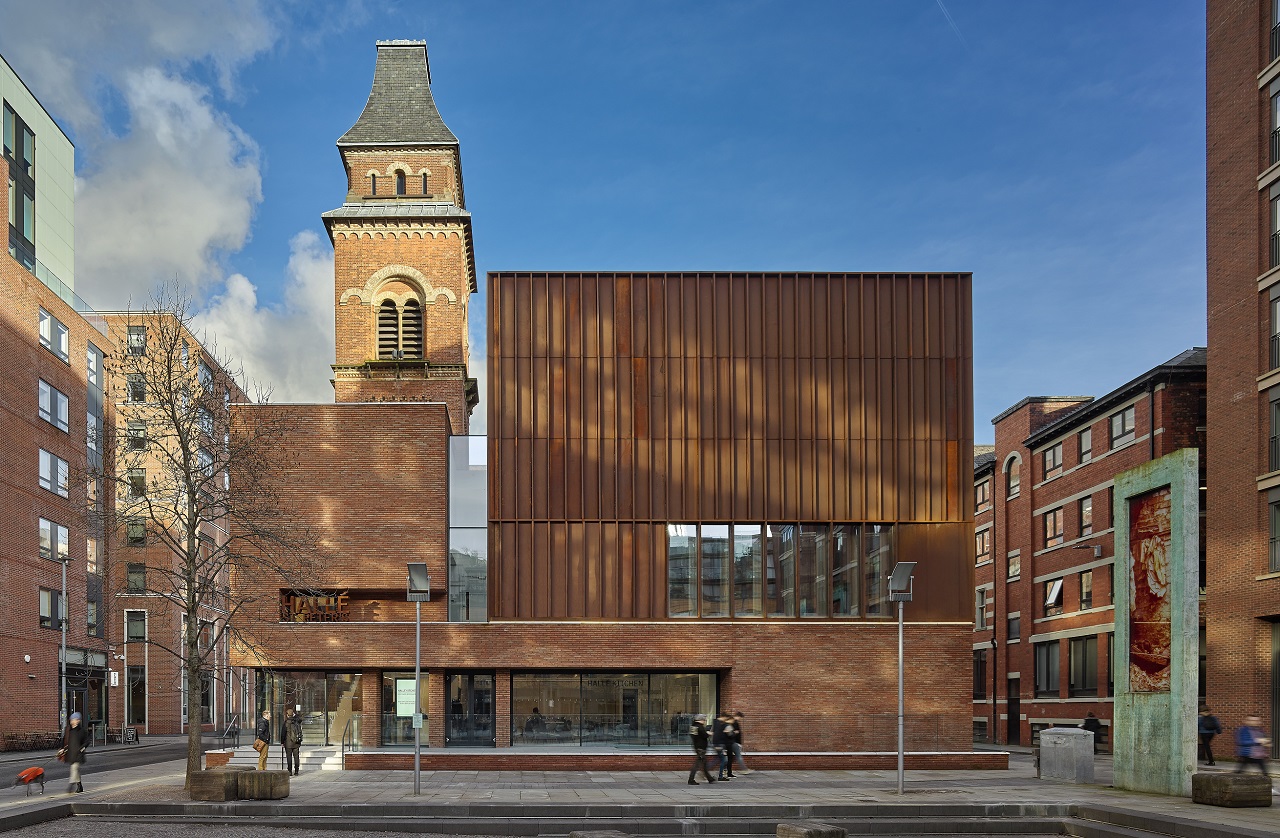Urban Revival White Paper: Tackle Digital Divide to Restore Economic Viability

After the released Urban Revival white paper, Housing Industry Leaders highlights how local authorities can use technology to restore economic viability for cities in the UK.
The whitepaper, released earlier this year, looked at several areas that are all interdependent. These areas are homes, public and private transport, offices and workspaces, retail, place-making, and technology.

Nathan Ollier, Vice President Public Sector and Field Service, Advanced
Homes, for example, require forward-thinking and ambitious housing strategies to create the right solutions for our housing crisis.
Local authorities have the vision, local knowledge and the responsibility to provide enough affordable and sustainable homes, while the private sector has the financial clout to deliver.
Housing Industry Leaders spoke to Nathan Ollier, Vice President at Advanced explained: “The Covid-19 pandemic has dramatically changed the way we live and the way people interact with urban spaces. Many found lockdown was a catalyst for re-evaluating their priorities.”
We compiled our whitepaper, The Urban Revival, to explore the issues that local authorities are now facing as they redevelop our towns and cities in line with changing requirements
The white paper considered the importance of long-term strategies beyond making a fast profit. There was a clear focus on the fact people use their homes differently, as more people are working from home.
Transport high up on urban revival agenda
Private transport issues link with homes, as providing accessible on-street public electric vehicle charging points (EVCPs) alongside private installations on all new homes is critical for councils to meet environmental targets.
The government recently announced that all new build homes will be fitted with EVCPs.
Nathan told Housing Industry Leaders: “All of the areas we discuss are connected, as local authorities develop new and existing neighbourhoods with their retail, leisure, education and sports facilities, connected to offices and other workplaces by efficient public transport links and of course, up to date technology as the enabler for it all.”
A large section of the report indicated the importance of connectivity for urban revival and improved digital infrastructure in smart cities.
The digital divide in the UK was exposed during the pandemic. When children and adults in millions of households had no internet access or were limited by pay-as-you-go phone services, they were effectively isolated and excluded.
Adding to this, Nathan said: “Superfast broadband should be a standard expectation for everyone so that they can work effectively from home, play games and watch movies, and for the delivery of education resources.”
Adult education, skills development and reskilling are all challenges for our future workforce that can be addressed, at least in part, with appropriate and engaging online delivery
The rapid digitisation of business over the last 18 months also presents an opportunity for the public sector to transform operational efficiencies to meet growing consumer expectations.
Bridge the digital divide and you’ll reap the rewards
We’ve seen many cities embrace the opportunities to digitise and equitably provide all their citizens with reliable and ultra-fast broadband using successful public/private partnerships.
Notably, Sunderland City Council has been an advocate for enhanced digital infrastructure in their city. This was covered in our Smart City Tour event, which can be viewed on-demand here.
To enable efficient urban revival, the report also highlighted the importance of modern methods of construction (MMC) in making homes more energy efficient.
“The UK Government and local authorities all have environmental targets, and we all know how important it is to achieve net-zero. Developers are integrating more energy-efficient features into new homes and councils are retrofitting social housing to include more effective insulation and solar panels” added, Nathan.
Governments have the responsibility to mandate these improvements and are also providing grants and incentives to facilitate installation
That is why there was so much emphasis in the whitepaper on public bodies working with private finance and providers to deliver their plans for a better city. To be taken seriously, local authorities must perform at a high level, demonstrating long-term fiscal agility and managerial proficiency that showcases their potential as an investment partner.
By implementing digital management solutions across their services, local authorities need to be maximising efficiencies to deliver the best services and value for money to council taxpayers.
Using a fully joined-up approach, cities and towns all over the UK can develop effective strategies to utilise private sector partners and government funding for developments that can be transformational.
Rounding up the interview, Nathan said: “Everything is connected in the Urban Revival. There is little point addressing issues in silos as everything needs to be improved in a holistic way to allow the emerging social urban eco-systems to evolve in tandem with each other.”

